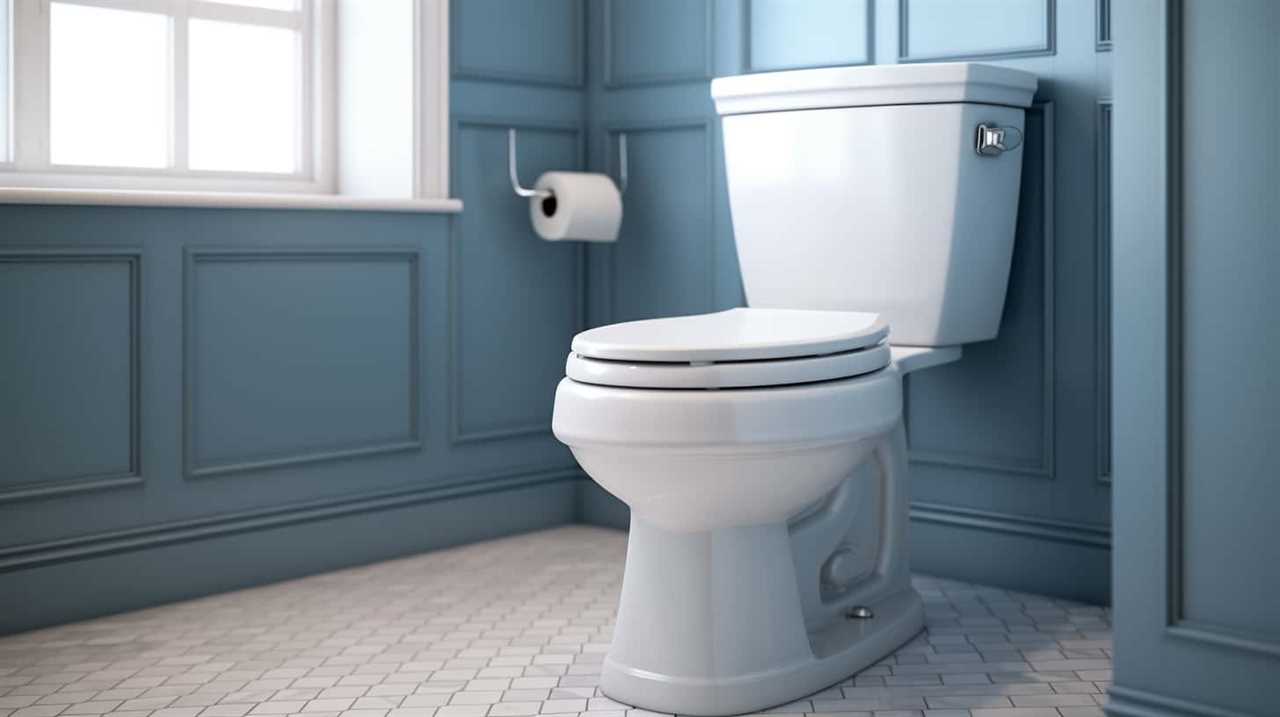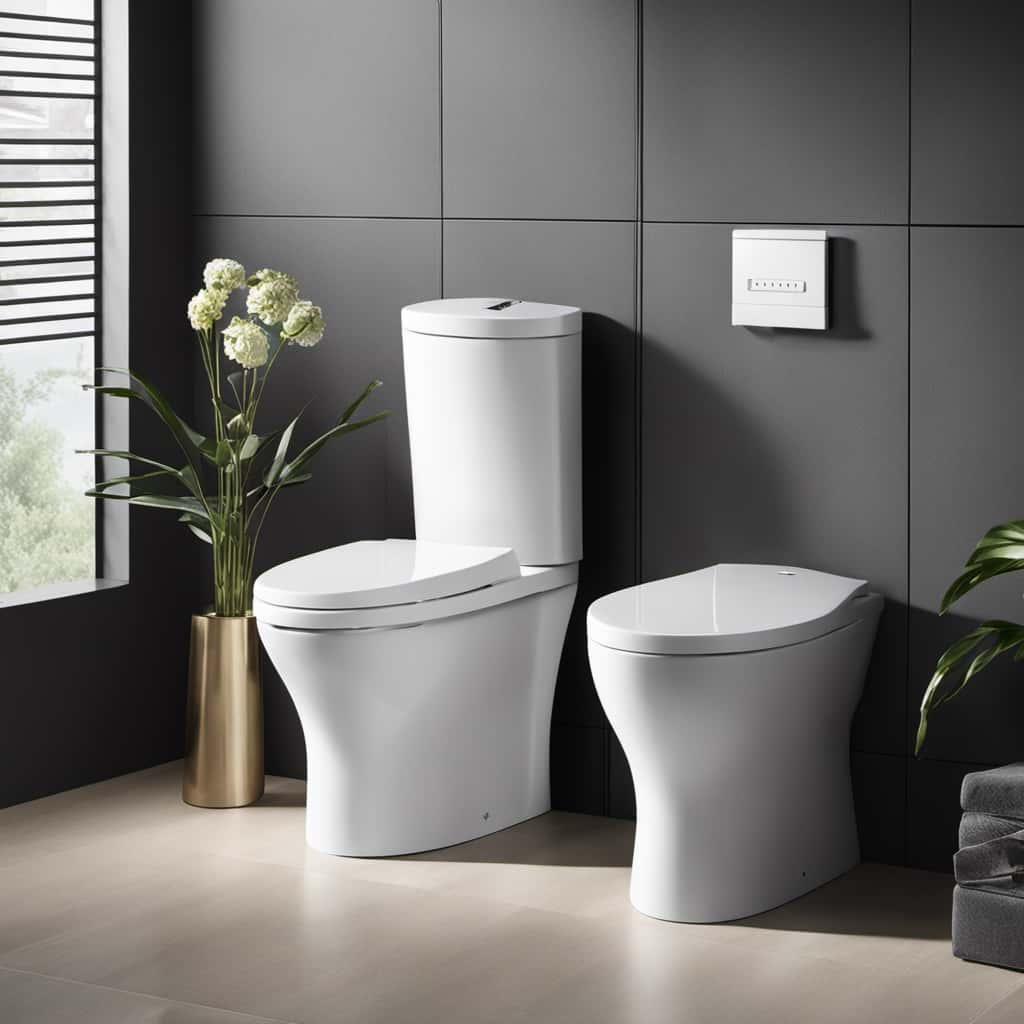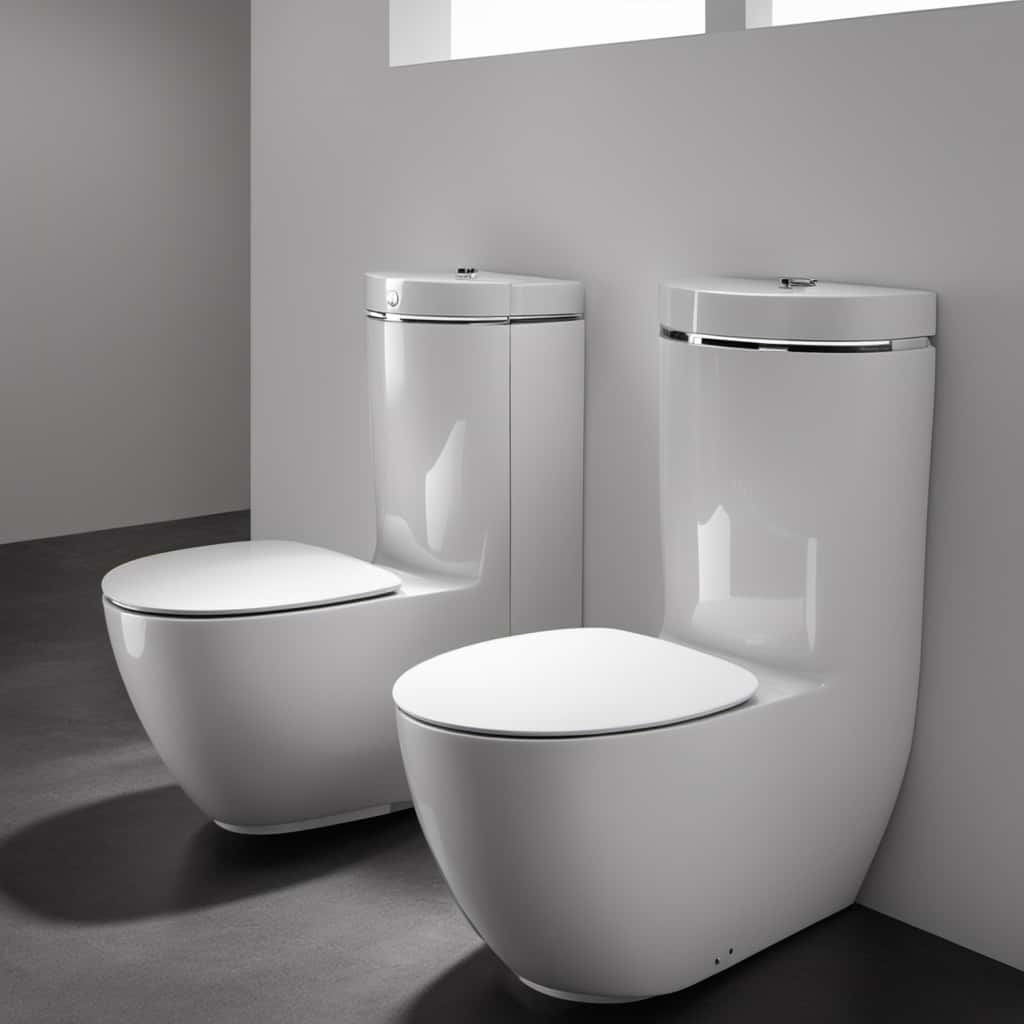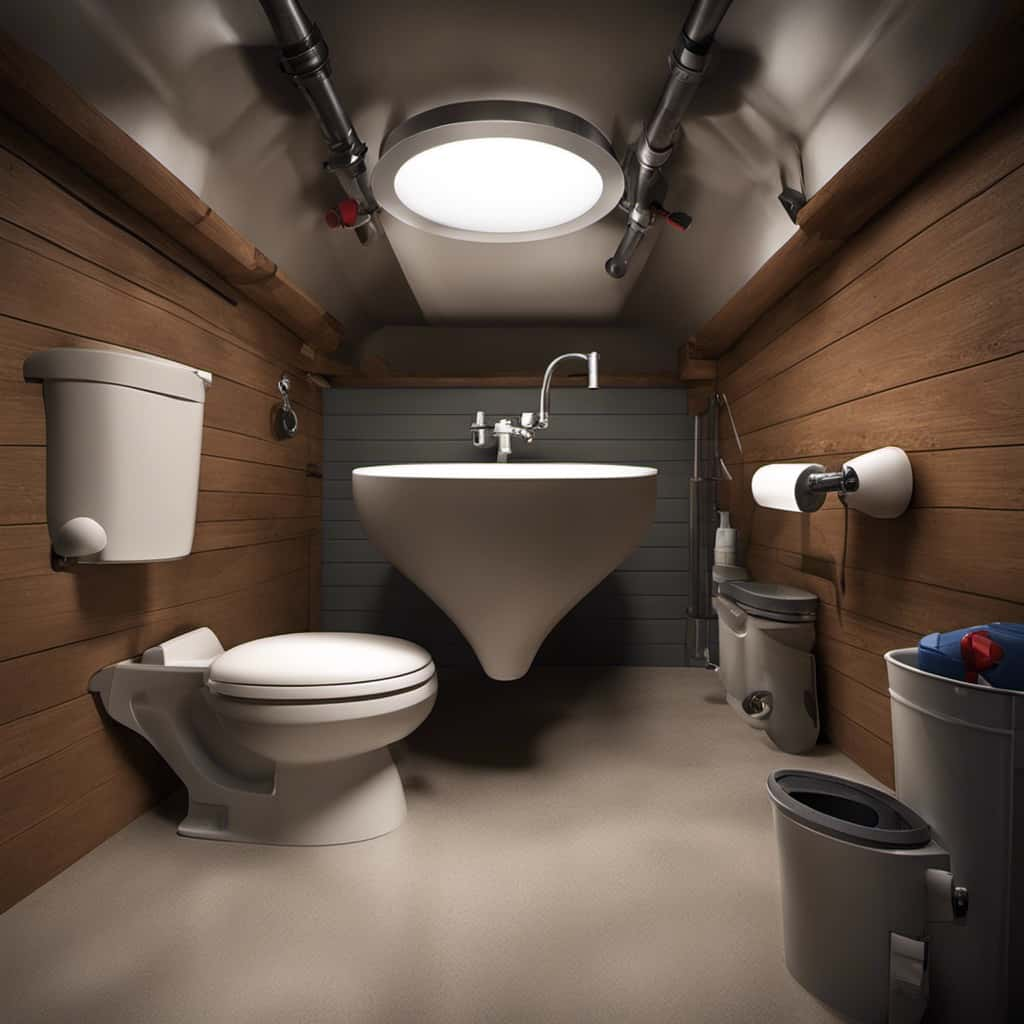Did you know that there are several countries where you can’t flush toilet paper?
In Greece, Argentina, Thailand, China, and Turkey, it’s common practice to throw used toilet paper into a bin instead. This may seem odd to some, but it’s important to understand and respect different cultural norms when traveling.
In this article, we’ll explore the reasons behind this practice and provide tips on how to navigate these situations while maintaining cleanliness and hygiene.
Key Takeaways
- Greece and Argentina do not flush toilet paper due to narrower pipes and plumbing infrastructure limitations.
- Thailand and China also advise against flushing toilet paper to avoid overloading septic tanks and wastewater treatment facilities.
- Turkey does not flush toilet paper to prevent clogs in plumbing systems and overloading of septic tanks.
- Not flushing toilet paper in these countries helps prevent plumbing issues, reduces environmental impact, and promotes better waste management practices.

Tioncy 2 Pcs 9.5 x 7.9 in Sanitary Disposal Tampon Napkin Receptacle Wall Mounted Stainless Steel Flip Top Receptacle Bin Waste Holder Feminine Hygiene Container Bathroom Restroom (Silver)
Complete Package for Your Convenience: our sanitary napkin disposal receptacle set includes 2 pieces, assuring users of always…
As an affiliate, we earn on qualifying purchases.
As an affiliate, we earn on qualifying purchases.
Greece
In Greece, it’s common practice to dispose of toilet paper in a waste bin rather than flushing it, due to the country’s plumbing infrastructure. This is because the pipes in Greece are narrower and more prone to clogging.
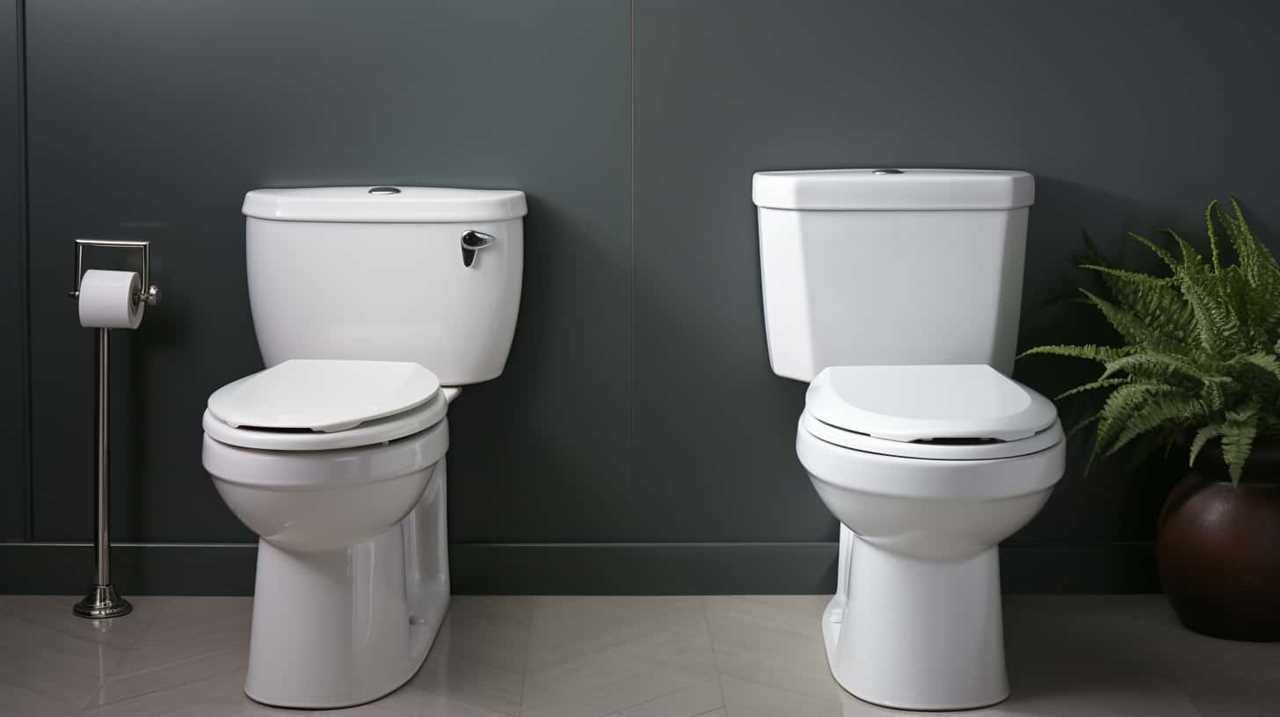
Proper disposal methods for toilet paper in Greece involve placing used toilet paper in the waste bin provided in the bathroom. It’s important to ensure that the waste bin is lined with a plastic bag and emptied regularly to maintain cleanliness and hygiene.
Not being able to flush toilet paper in Greece has an environmental impact as it increases the amount of waste that needs to be managed. However, this practice helps to prevent plumbing issues and ensures the smooth functioning of the sewage system in the country.

Portable Bidet Travel Large Capacity 450ml(15oz) Personal Toilet Handheld Blue
No Batteries Needed – Simply fill with Cool or Warm water and easy to squeeze bidet bottles, You…
As an affiliate, we earn on qualifying purchases.
As an affiliate, we earn on qualifying purchases.
Argentina
To be clear, we rarely flush toilet paper in Argentina. Sanitation practices in Argentina differ from those in many other countries. The reason for not flushing toilet paper is mainly due to the plumbing infrastructure in most Argentine households. The pipes aren’t designed to handle toilet paper, so it’s common practice to dispose of it in a bin next to the toilet instead. This practice helps prevent clogs and blockages in the sewage system.
However, not flushing toilet paper does have an environmental impact. The discarded paper ends up in landfills, contributing to solid waste accumulation. It’s important for Argentina to invest in improved plumbing systems and educate the public on proper waste disposal to mitigate the environmental consequences of not flushing toilet paper.
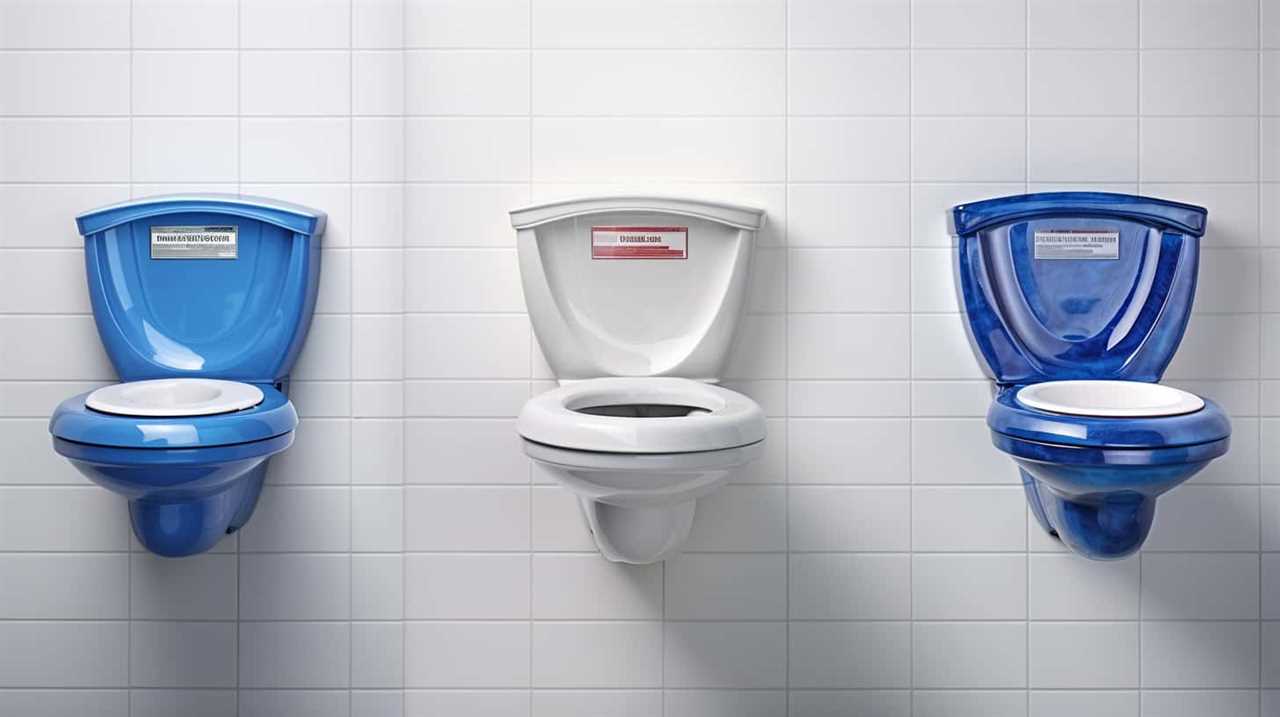

Ubbi Disposable Diaper Sacks, Lavender Scented, Easy-To-Tie Tabs, Diaper Disposal or Pet Waste Bags, 200 Count
Durable & Leak-Proof: Securely holds diaper waste or pet waste, ensuring leak-proof disposal with easy-to-tie tabs for a…
As an affiliate, we earn on qualifying purchases.
As an affiliate, we earn on qualifying purchases.
Thailand
Thailand also follows the practice of not flushing toilet paper. This practice is due to the country’s reliance on septic tanks for waste management. Here are three key reasons why toilet paper shouldn’t be flushed in Thailand:
- Septic Tank Capacity: Flushing toilet paper can overload septic tanks, leading to clogs and potential damage to the system. Proper waste management is crucial to maintain the functionality of septic tanks.
- Environmental Impact: Flushing toilet paper increases the volume of waste that needs to be treated. This can strain wastewater treatment facilities and harm the environment if not managed properly.
- Infrastructure Limitations: Thailand’s waste management infrastructure may not be equipped to handle large quantities of flushed toilet paper. To avoid potential issues, it’s advised to dispose of toilet paper in designated bins.
Transition: Now that we’ve explored Thailand’s waste management practices, let’s move on to the next country, China, to see how they handle toilet paper disposal.

Hanging Toilet Paper Holder Waterproof Tissue Holder Cat Proof Roll Paper Case Cover Portable and Foldable Roll Storage Bag with Adjustable Strap for Wall Car Camping Tent Home Office Black Honeycomb
PREMIUM MATERIAL – Made of high-quality WATERPROOF polyester fabric outside, durable and tear-resistant, Padded with self-recovery EPE foam…
As an affiliate, we earn on qualifying purchases.
As an affiliate, we earn on qualifying purchases.
China
Moving on to China, we encounter a similar waste management practice regarding toilet paper disposal. In China, it’s common for toilets to lack proper plumbing systems and septic tanks, which results in the prohibition of flushing toilet paper. Instead, used toilet paper is placed in a waste bin next to the toilet.
This cultural practice is rooted in the country’s waste management systems and infrastructure limitations. China’s vast population and rapid urbanization have put a strain on its sewage systems, leading to the implementation of this practice.
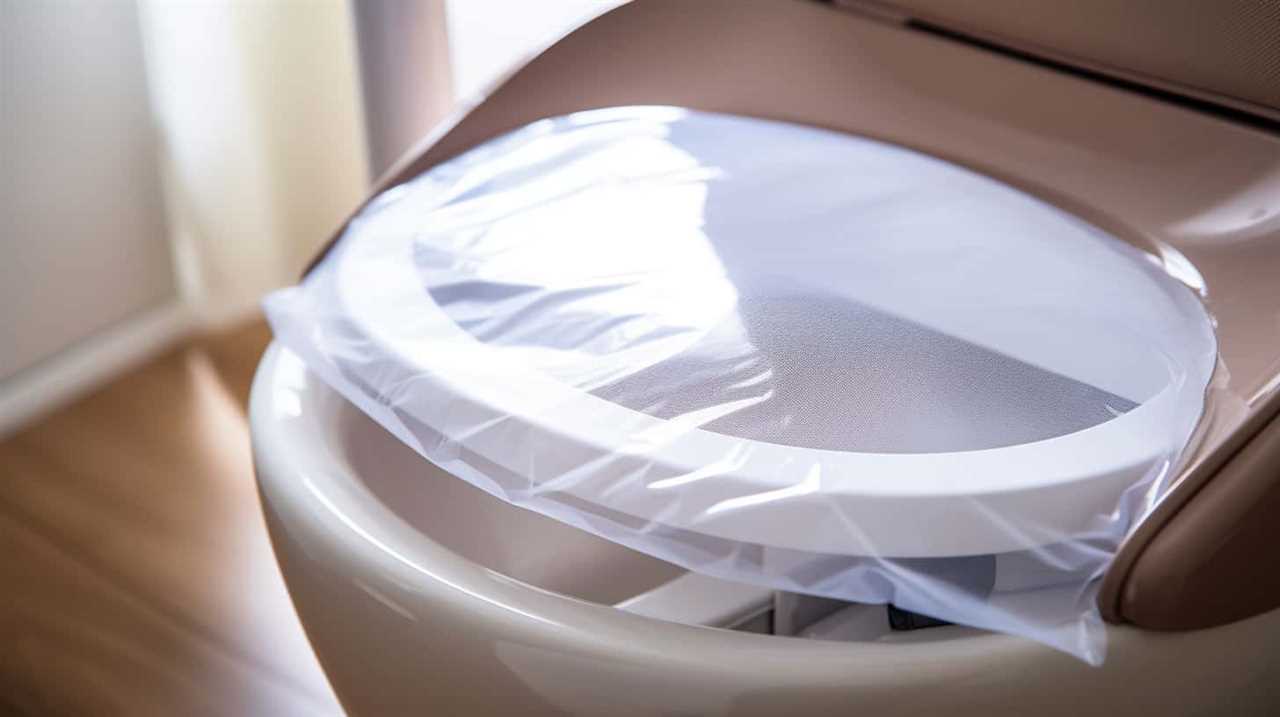
While it may seem unusual to some, it’s important to respect and adhere to local customs when visiting or living in China. By doing so, we can contribute to the preservation of their waste management systems and maintain a harmonious coexistence.
Turkey
When visiting or living in Turkey, it’s important to note that toilet paper shouldn’t be flushed due to the country’s waste management practices. Here are three key aspects of Turkish culture and waste management practices that contribute to this practice:
- Plumbing infrastructure: Many buildings in Turkey, especially older ones, have plumbing systems that aren’t designed to handle toilet paper. Flushing it can lead to clogs and blockages.
- Septic tanks: In rural areas, septic tanks are commonly used for waste disposal. Flushing toilet paper can overload these tanks, causing them to malfunction and contaminate the environment.
- Environmental concerns: Turkey is striving to improve its waste management practices and protect its natural resources. By not flushing toilet paper, the country aims to reduce the strain on its wastewater treatment facilities and minimize pollution.
Frequently Asked Questions
Are Bidets Commonly Used as an Alternative to Flushing Toilet Paper in Greece?
In Greece, bidets are commonly used as an alternative to flushing toilet paper. This is similar to other European countries where bidet usage is prevalent. Cultural differences in toilet paper disposal practices exist across the world.
How Do People in Argentina Dispose of Toilet Paper if It Cannot Be Flushed?
In Argentina, toilet paper alternatives are used due to the inability to flush it. Cultural practices vary, but common methods include disposing of it in a waste bin next to the toilet.

What Are the Consequences of Flushing Toilet Paper in Thailand?
In Thailand, the consequences of not flushing toilet paper properly can be clogged pipes and sewage system issues. It’s important to understand cultural differences in toilet paper disposal to avoid any potential problems.
Is It True That Some Public Restrooms in China Do Not Provide Toilet Paper at All?
Yes, it is true that some public restrooms in China do not provide toilet paper at all. This is due to cultural differences in toilet paper usage and the environmental impacts of not using it.
Are There Any Alternative Methods for Disposing of Toilet Paper in Turkey, Aside From Not Flushing It?
In Turkey, we can use a bidet as a substitute for toilet paper or utilize special waste bins for disposal. These alternatives help maintain proper sanitation and prevent clogging in the plumbing system.
Conclusion
Toilet troubles travel through various territories, where tossing toilet tissue takes a turn. Greece, Argentina, Thailand, China, and Turkey teach us a tale of toilet paper taboos. These countries, with their cultures and systems, refrain from flushing the paper, causing a peculiar predicament for travelers.
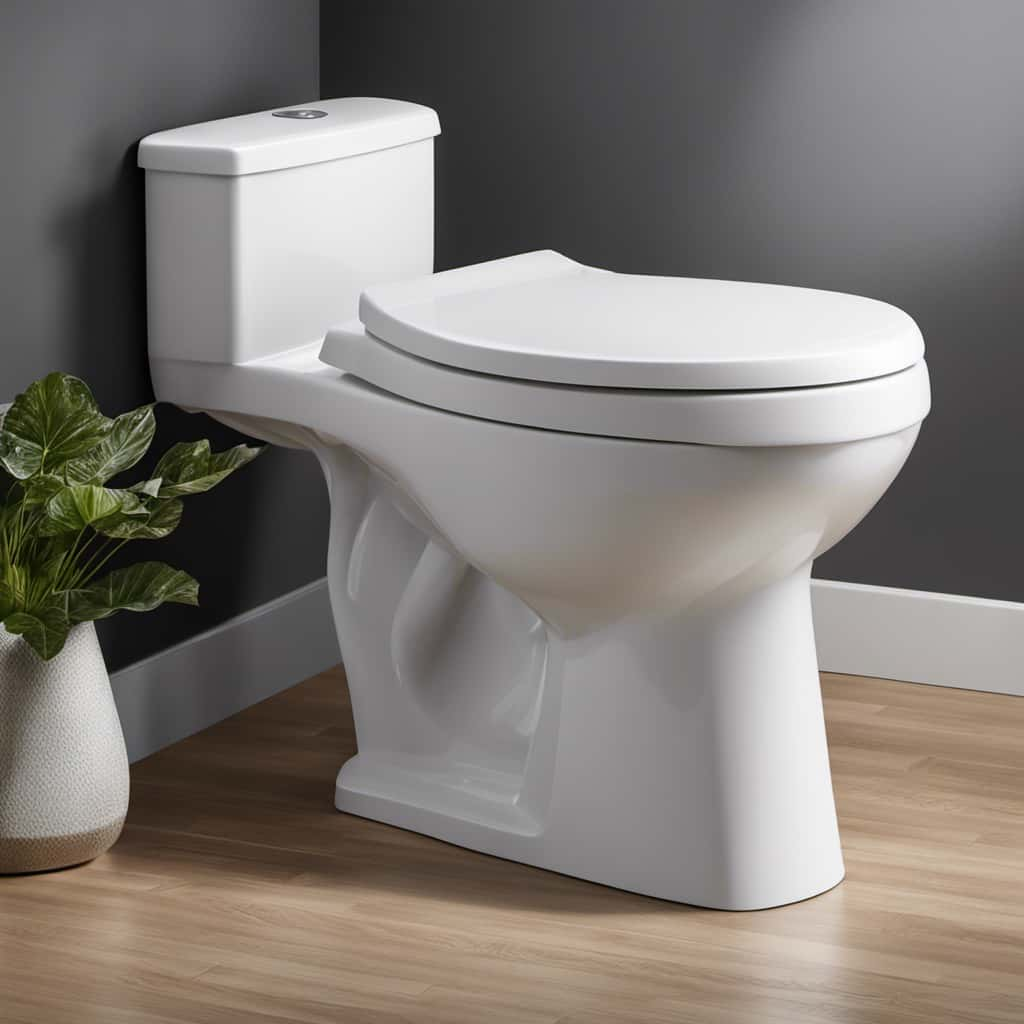
Remembering this restriction is vital to avoid clogging commotions and maintain proper plumbing practices. So, next time you venture to these nations, be mindful of the necessity to dispose of your tissue in designated receptacles instead.
